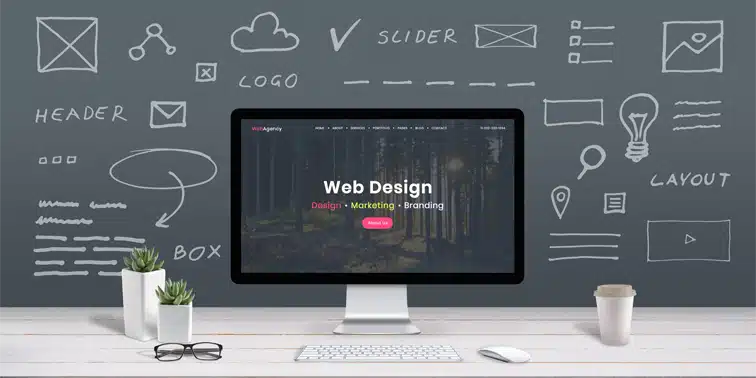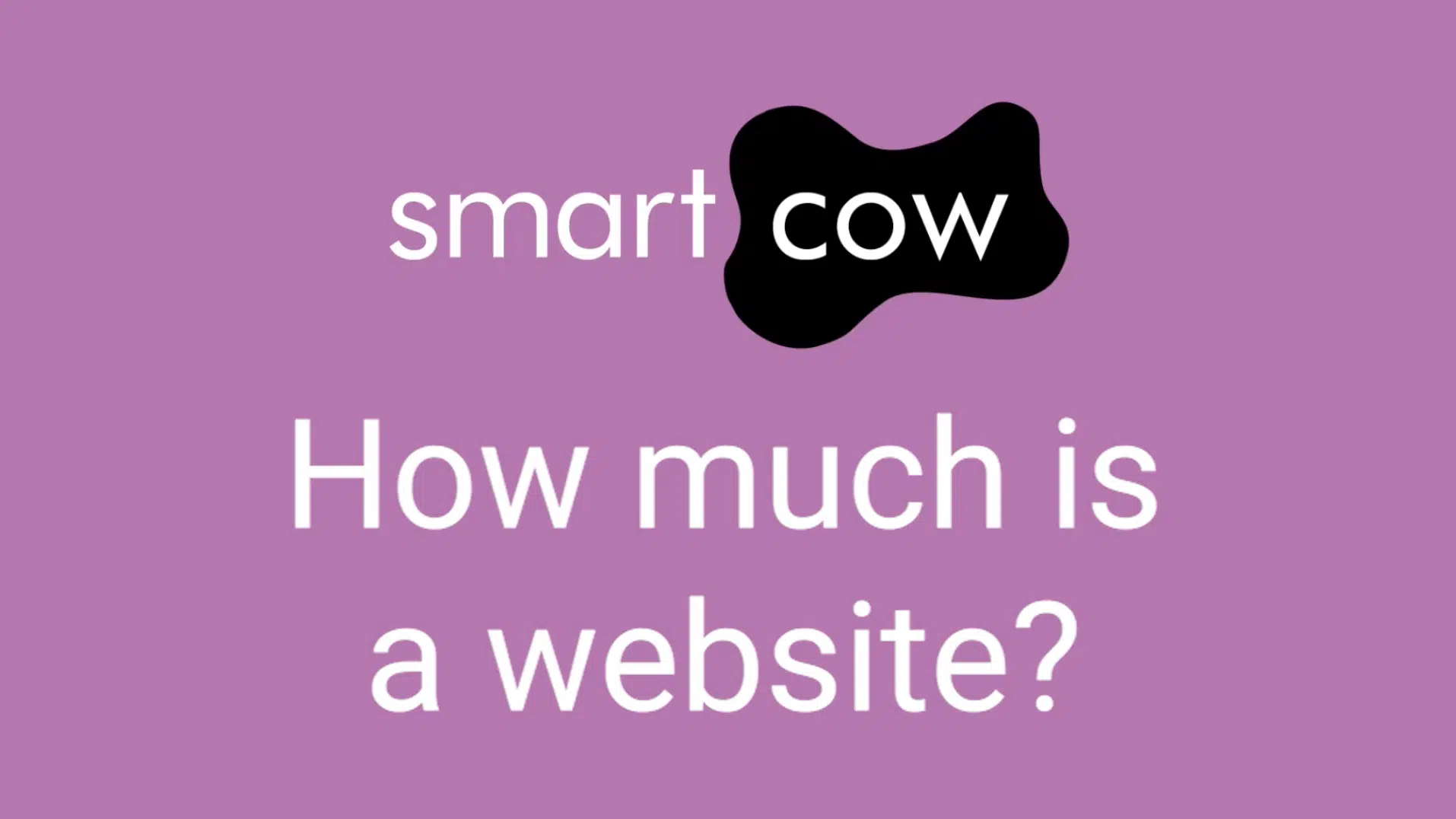As a small business owner, you’re well aware the importance of having an effective online presence which can make a huge difference to your business in attracting and retaining business. One of the key aspects of creating a good online presence is with great website design. A website that’s user-friendly, visually appealing, and easy to navigate can go a long way in engaging with potential customers. But it can be challenging to know where to begin.
In this blog, we’ll break down some of the key elements of effective website design for small businesses.
1. Establish your goals
Before you start designing your website, it’s important to establish your goals. What do you want to achieve with your website? Do you want to increase sales, generate leads, or provide information about your product or service? Once you know what you want to accomplish with your website, you can begin to create a plan for how to achieve those goals.
2. Choose the right platform
There are many different options available, from content management systems (CMS) such as WordPress through to custom-built websites using HTML and CSS. It’s important to consider the features of each platform, as well as which one best fits your budget and technical abilities.
3. Design a user-friendly layout with clear navigation
Once you’ve chosen a platform for building your website, it’s time to start designing the layout of the site. When creating a user-friendly layout, there are several factors that should be taken into account such as navigation menus, page structure, and visual hierarchy.
The goal is to create an intuitive design that allows visitors, as well as search engines such as Google, to navigate your website simply, intuitively, and easily. It should guide your web visitors through your site and help them to find what they need quickly and efficiently. Visitors to your website should be able to find the information they’re looking for without being confused or lost. Therefore, a clean, concise, and well-organised navigation menu can improve your user experience.
A well-designed website encourages users to stay on your site longer and explore what you have to offer much more. A user-friendly design incorporates the use of easy-to-read fonts, contrasting colours, and effective images.
4. Effective branding
Your website is the face of your business, and it’s essential that your website embodies your branding. Your site’s colour schemes, logo, and message should complement your business’s branding. Consistency is critical, and it ensures that your customers can quickly recognise your brand when they come across your site. This will go a long way in building brand trust for your business.
5. Visual elements that are on brand
Visual elements such as images and videos can help make your website more engaging and memorable for visitors. When selecting visuals for your website, it’s important to keep in mind the overall look and feel of the website as well as any brand guidelines that need to be followed.
Use high-quality visuals that will look great on all devices and screen sizes.
6. Responsive design
With the rise of mobile and tablet browsing, responsive design is essential. It should automatically adjust to the size of the screen on which it is being viewed.
Most people now use mobile devices to access the internet rather than a desktop computer. So, it’s important to optimise your website for all devices. This helps to make your site more accessible to a wider audience.
7. Incorporate SEO strategies
Search engine optimisation (SEO) is also important to consider as part of creating your online presence and incorporated into a website design from the beginning stages of web development.
By optimising titles, meta descriptions, headings, image alt text, URLs. And, don’t forget clear call to actions. This all goes to making it easier for search engines like Google and Bing to index your webpages so they appear in search results when people are looking for products or services related to yours.
8. Quality and relevant content
Your content will form part of your ongoing SEO strategy. A website’s content is the driving force behind web traffic generation, and it’s important that your content should be of high quality. Content should be relevant, informative, and engaging so that it attracts and keeps your visitors’ attention.
By creating quality, regular and relevant content, you can attract and retain more web visitors. You can also reduce website bounce rates and help to boost your website ranking on search engine results pages (SERPs).
9. Optimise your website for speed
Page loading speed is an important factor when it comes to user experience on websites. If web pages take too long load users may become frustrated or leave before completing their desired action on the site such as making a purchase or booking an appointment.
10. Test your website
Before making your website live, it’s important that you test it thoroughly first. Check everything is working properly including buttons and links ensuring there are no errors or bugs present on the site.
This includes testing all functionality such as form submission or ecommerce checkout processes as well as ensuring all links are working correctly so visitors don’t get stuck navigating around the website unnecessarily.
11. Monitor performance & make adjustments as needed
It’s important that you monitor performance metrics on an ongoing basis. Understanding metrics such as page views, bounce rate or conversion rate will allow you to identify areas where improvements can be made in order increase engagement with visitors.
Web design Croydon
To create an effective website that helps your business grow, you must first understand what makes a good website design. From clear navigation to quality content, responsive design, and effective branding, your website must cater to your target audience’s needs, keeping their experience smooth and simple as possible. A well-designed website can increase your visibility, boost your brand’s awareness, and generate revenue.
Get in touch about our website design SEO services in Croydon. As a digital marketing agency business in Croydon, we can also provide local businesses with marketing support including social media marketing; pay per click advertising and ongoing SEO services.



